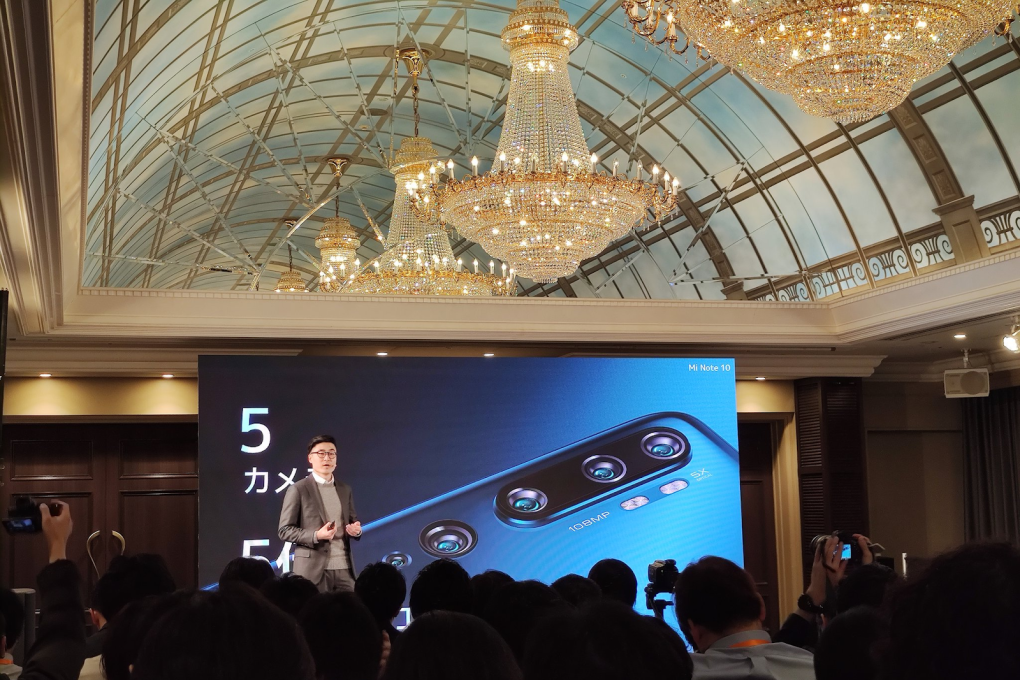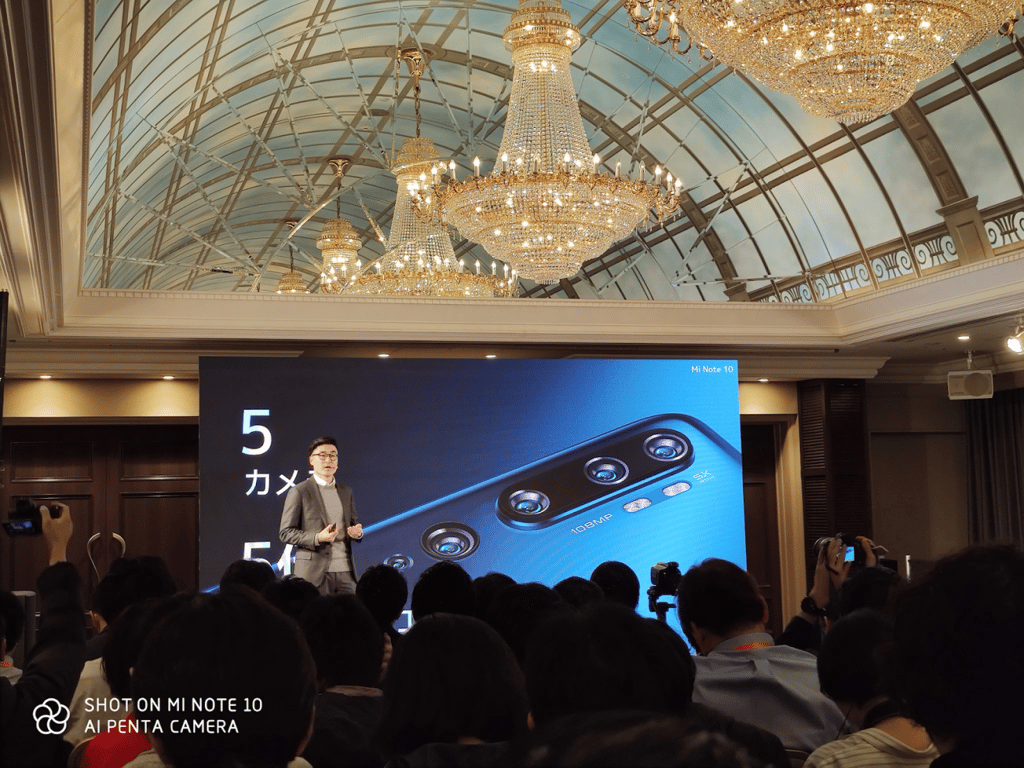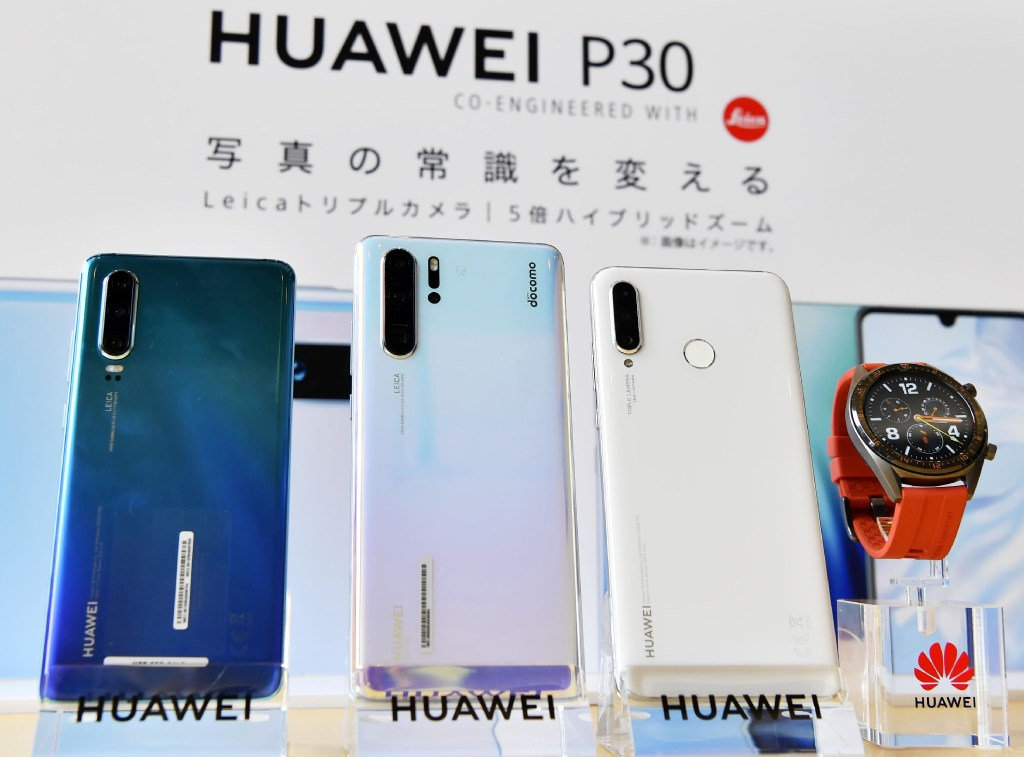Japan hasn’t warmed up to Chinese phones, but can Xiaomi change that?
Huawei lost momentum in Japan because of the US-China trade war, and now Xiaomi is giving it a try

Japanese smartphone users are notoriously loyal to domestic brands, but that isn’t stopping Xiaomi from throwing its hat in the ring. The Chinese gadget maker officially launched in Japan on Monday, opening another beachhead in its aggressive global push.

Instead, Japanese consumers love Apple, which holds an astounding 45% of the market, according to shipments from last quarter. It’s trailed by domestic brands Sharp, Fujitsu and Kyocera, with South Korea’s Samsung wrapping up the top five.
Chinese brands suffer from a lack of recognition in Japan, Tokyo-based IDC analyst Akira Sugawara said. Apple products such as the iPad and MacBook have become household names, and Samsung has built a reputation around its LCD and OLED screens found in phones and TVs. But big brands that have grown rapidly in China like Oppo and Vivo are relatively unfamiliar to Japanese consumers.

Japan isn’t always no-go territory for Chinese brands, though. Last year, Huawei’s market share was close to the top five, Sugawara said. But ever since the Trump administration blacklisted the company in May, the Chinese tech giant has been “losing its share drastically.”